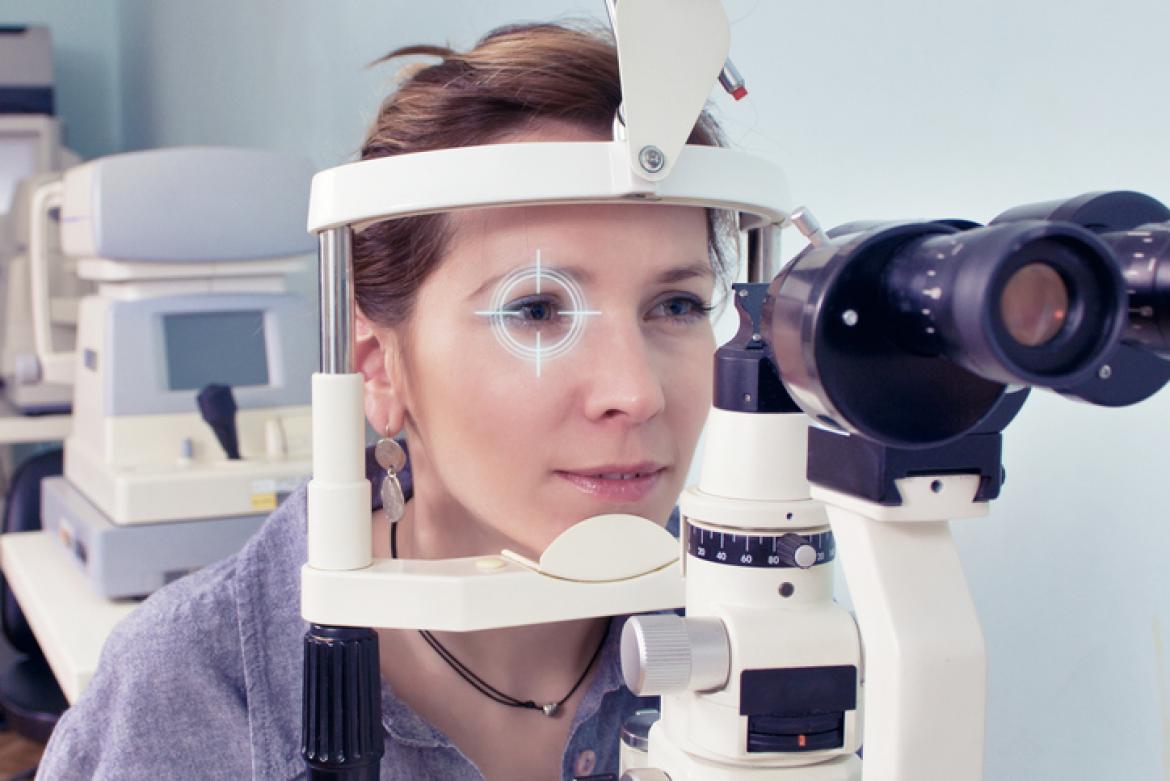Ophthalmology Experts: Advancing Vision Care Excellence

Advancing Vision Care Excellence
Ophthalmology is a specialized field of medicine dedicated to the study and treatment of eye disorders. Ophthalmologists are highly trained experts who play a crucial role in advancing vision care excellence. In this article, we will explore the significant contributions of ophthalmology experts and how they are at the forefront of ensuring optimal eye health for individuals worldwide.
The Expertise of Ophthalmologists
Ophthalmology experts are medical professionals with specialized training in the anatomy, physiology, and diseases of the eye. They possess a deep understanding of the complex structures that make up the eye and are equipped with the knowledge to diagnose and treat a wide range of eye conditions. From common issues like refractive errors to complex surgical procedures, ophthalmologists are well-versed in providing comprehensive eye care.
Innovations in Diagnostic Technologies
One key aspect of advancing vision care excellence is the continuous development and adoption of innovative diagnostic technologies. Ophthalmology experts leverage state-of-the-art equipment to conduct precise and thorough eye examinations. Advanced imaging techniques, such as optical coherence tomography (OCT) and fundus photography, enable ophthalmologists to detect and monitor various eye conditions with unprecedented detail.
Tailored Treatment Plans for Eye Conditions
Ophthalmology experts understand that each patient is unique, and eye conditions can vary widely. They create personalized treatment plans tailored to the specific needs of individual patients. Whether it’s prescribing corrective lenses, recommending medications, or performing intricate surgical procedures like cataract removal or laser eye surgery, ophthalmologists strive to enhance and preserve their patients’ vision.
Research and Development in Ophthalmology
The field of ophthalmology is dynamic, with ongoing research and development driving advancements in treatments and technologies. Ophthalmology experts actively engage in research to better understand the underlying causes of eye diseases and to explore innovative solutions. This commitment to continuous improvement ensures that patients benefit from the latest breakthroughs in eye care.
Education and Outreach Initiatives
Ophthalmology experts not only focus on treating eye conditions but also play a vital role in educating the public about eye health. Through outreach initiatives, they raise awareness about the importance of regular eye examinations and early detection of eye problems. By sharing their expertise, ophthalmologists empower individuals to take proactive steps in maintaining good eye health.
Collaboration with Other Healthcare Professionals
Ophthalmology is often interconnected with other medical specialties. Ophthalmology experts collaborate with primary care physicians, endocrinologists, and other healthcare professionals to address underlying systemic conditions that may affect eye health. This multidisciplinary approach ensures comprehensive care for patients, particularly those with complex medical histories.
Ophthalmology Experts: Navigating the Digital Age
In the digital age, ophthalmology experts harness technology not only for diagnostics but also for patient communication and education. Telemedicine services allow patients to consult with ophthalmologists remotely, facilitating access to expert care regardless of geographical barriers. This integration of technology enhances the overall patient experience and promotes timely intervention.
Patient-Centric Approach
One hallmark of ophthalmology experts is their commitment to a patient-centric approach. They prioritize effective communication, ensuring that patients fully understand their diagnoses, treatment







